LTER Synthesis Course
Presentation Outline
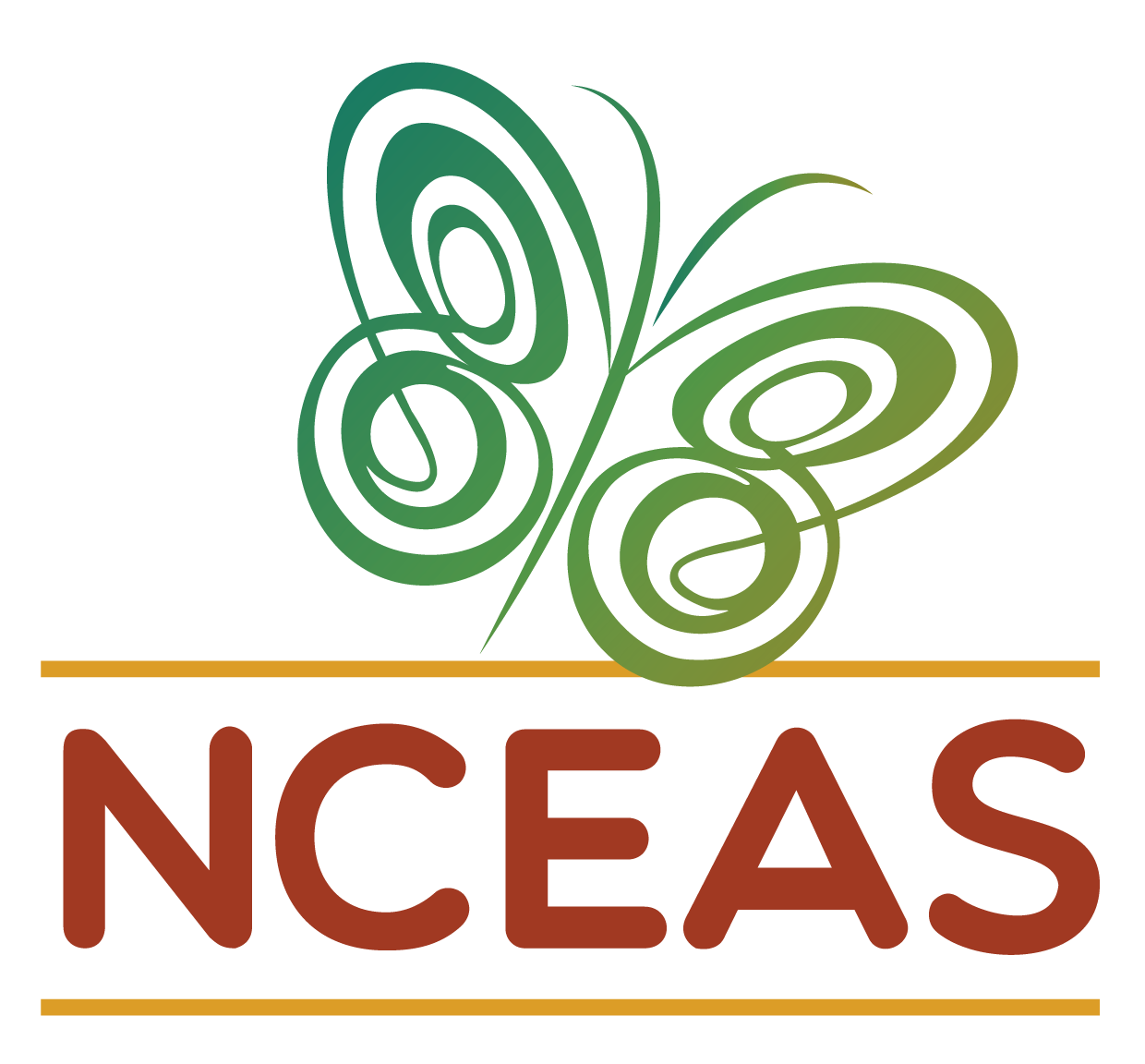
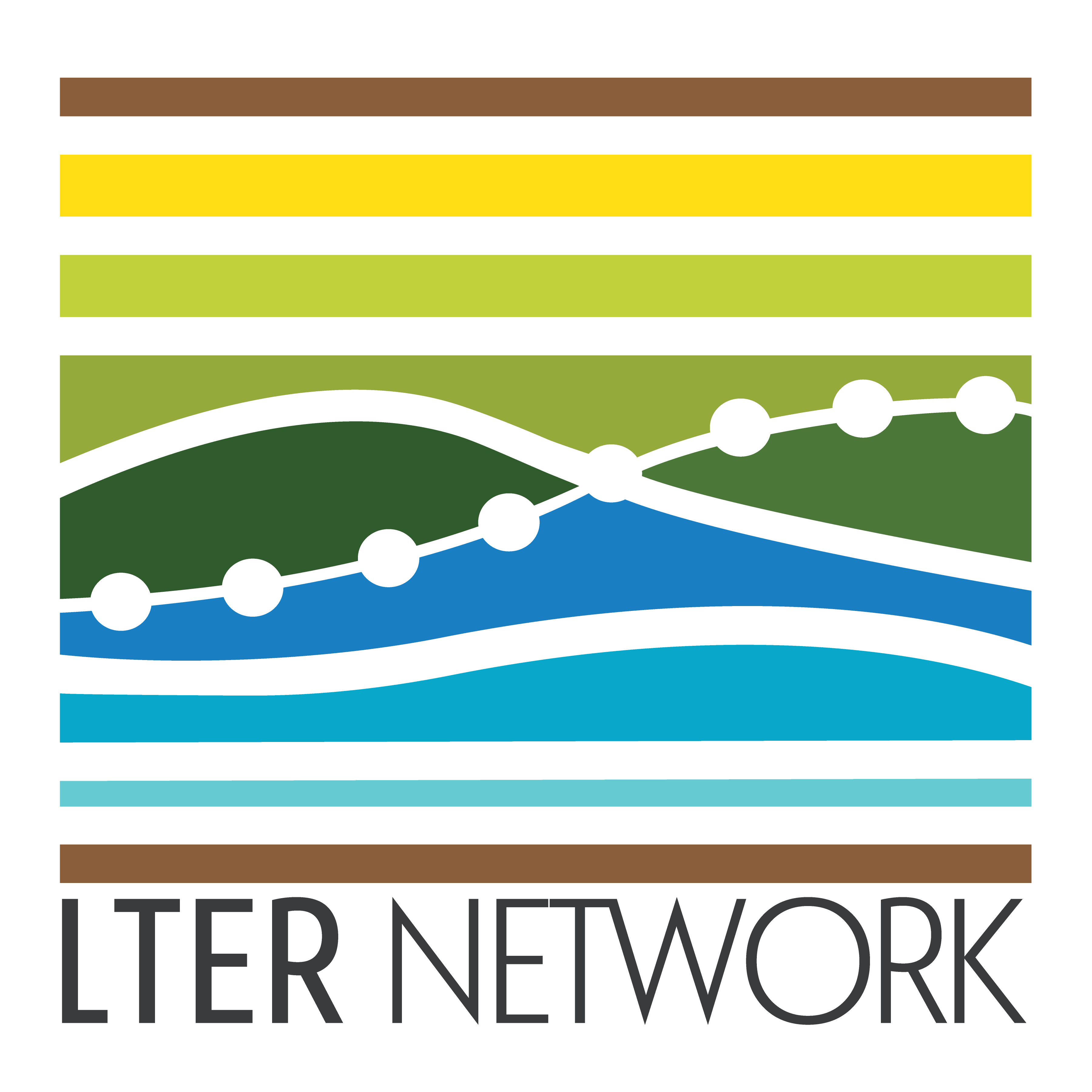
LTER Network Background
Course Rationale
Course Structure & Content
Student Projects
What’s Next
LTER Sites


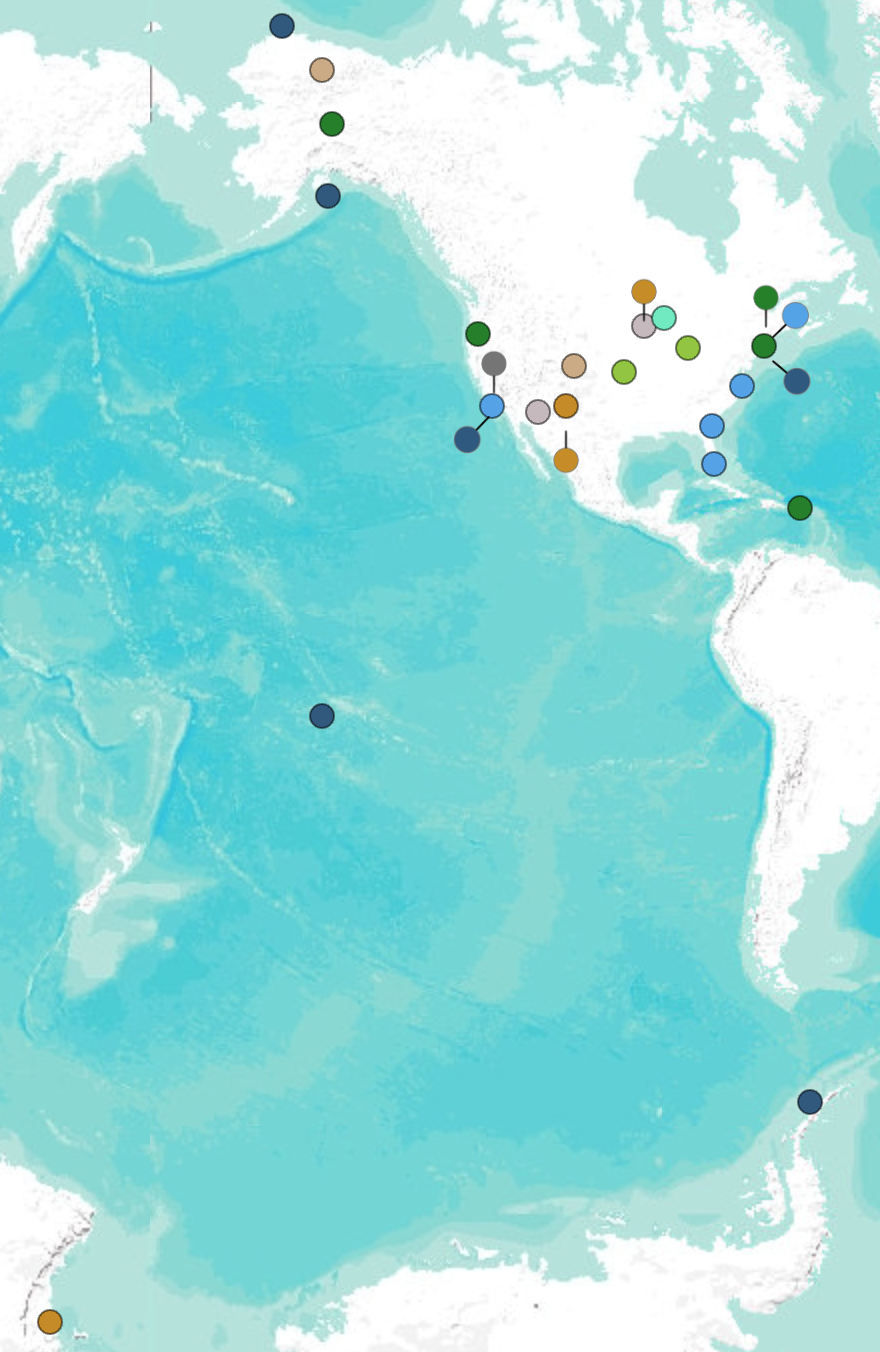
Established in 1980
27 sites in the network
Thousands of investigators
Hugely productive!
- >7000 public datasets
- >17000 journal articles
LTER Site Longevity


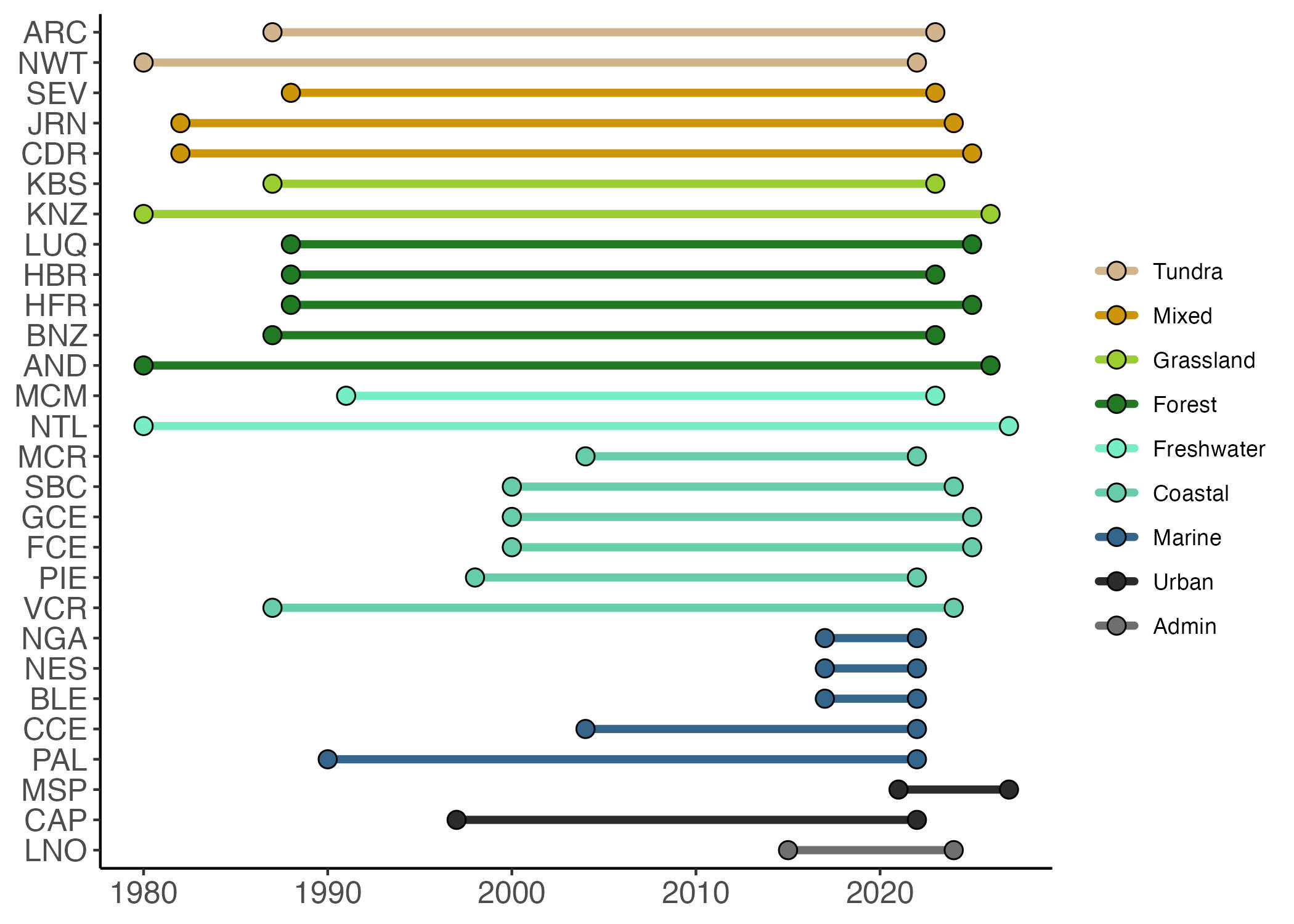
LTER Core Research Areas


Primary Production
Populations & Communities
Disturbance
Organic Matter
Inorganic Nutrients
Land Use/Cover Change
Human-Environment Interactions
Network Office Structure


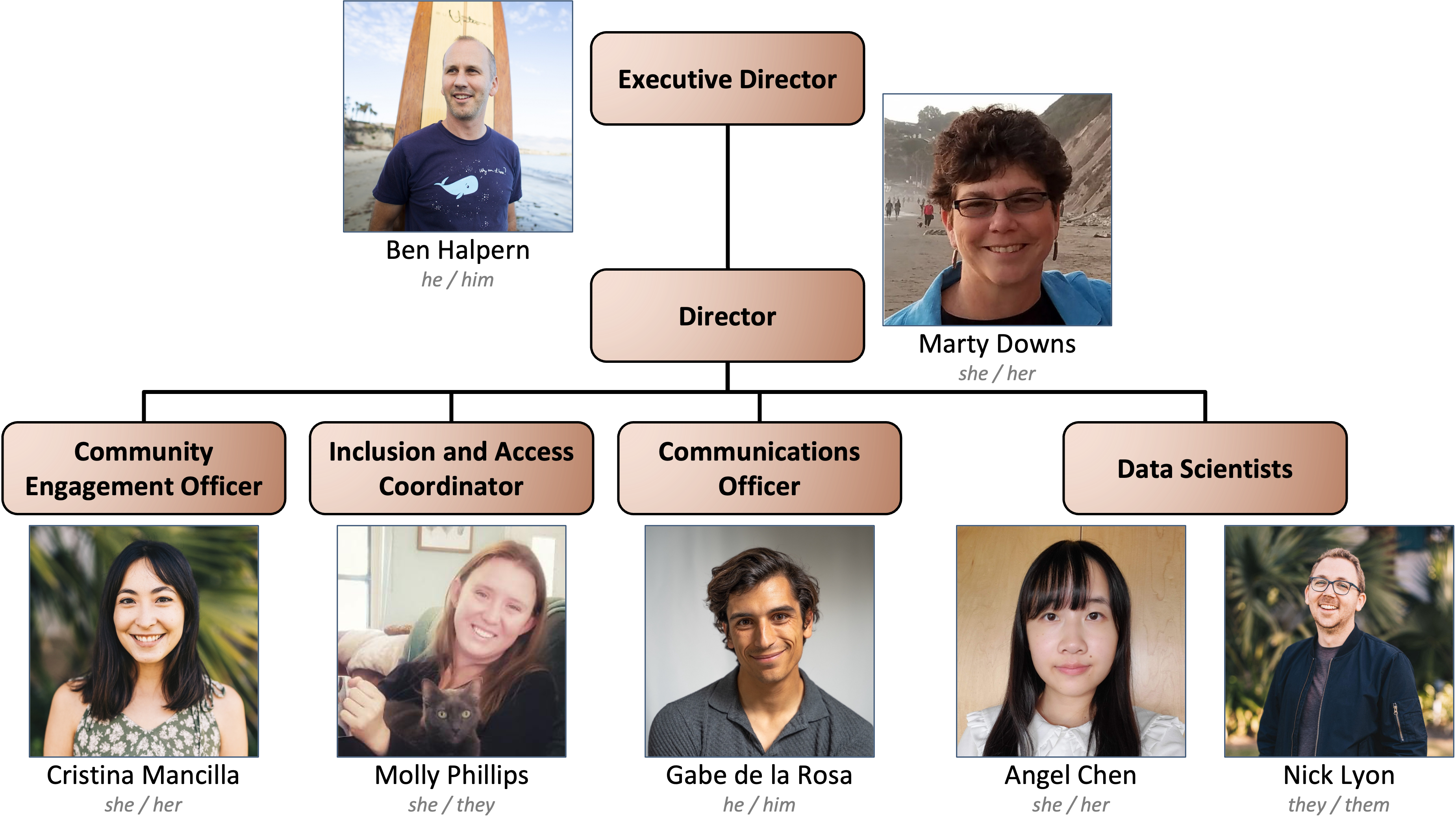
Synthesis Research


- How do we define “synthesis”?
Synthesis brings together the results of multiple studies to test novel hypotheses
- LTER research is hypothesis-driven
- Means many different data are collected
- Perfect context for innovative synthesis work!
LTER Working Groups


- Since 2016 we’ve funded 14 synthesis working groups
- Meet 3-4 times over two years
- Groups are immensely productive (≥6 publications per group)
- In 2022 we started funding smaller, 1-meeting “SPARC” groups
- Scientific Peers Advancing Research Collaboration
- Groups are enthusiastic and curious
- In a word: joyful
Working Group Process


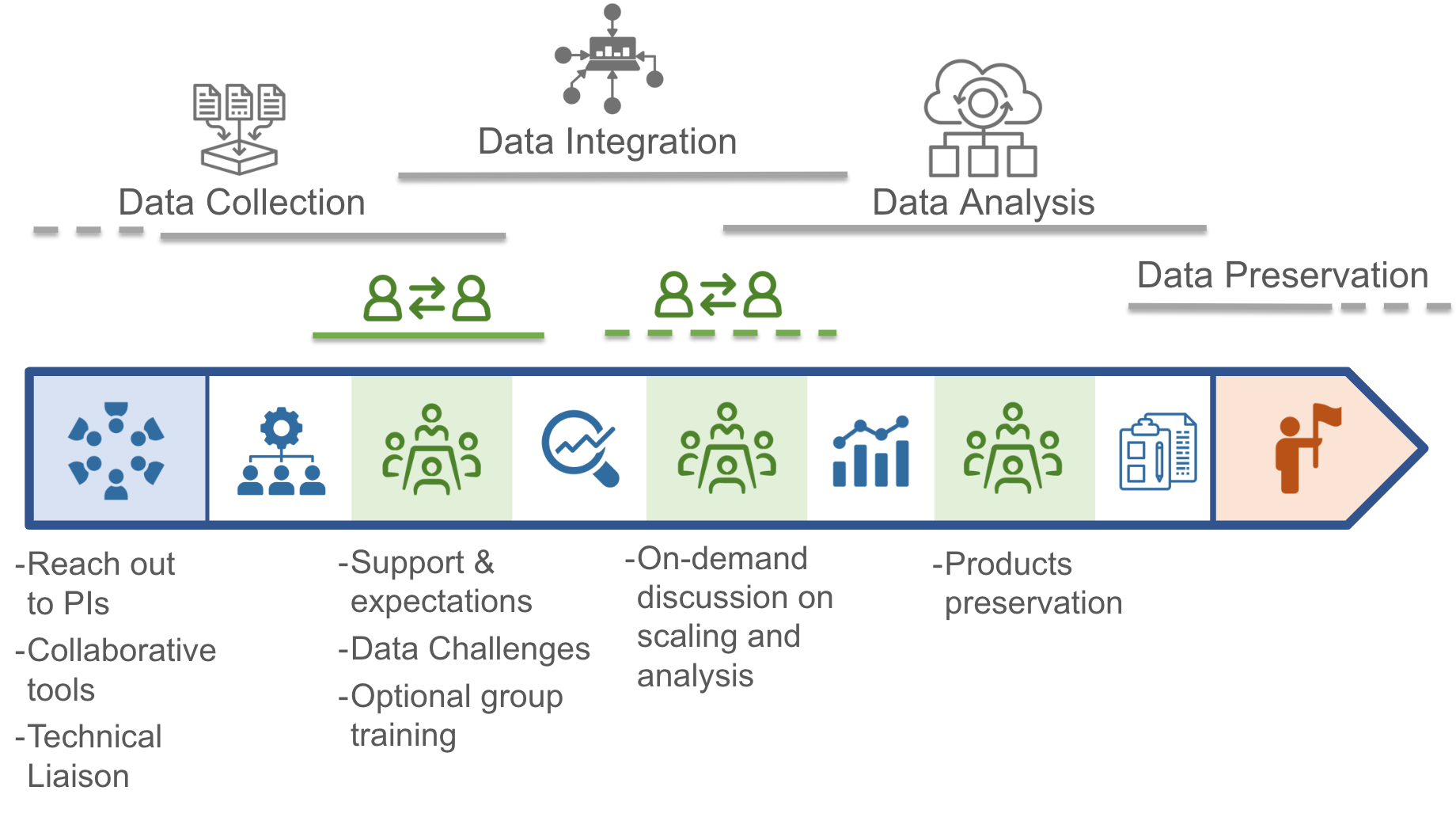
Soil Organic Matter (2017)


Soil Organic Matter (2017)


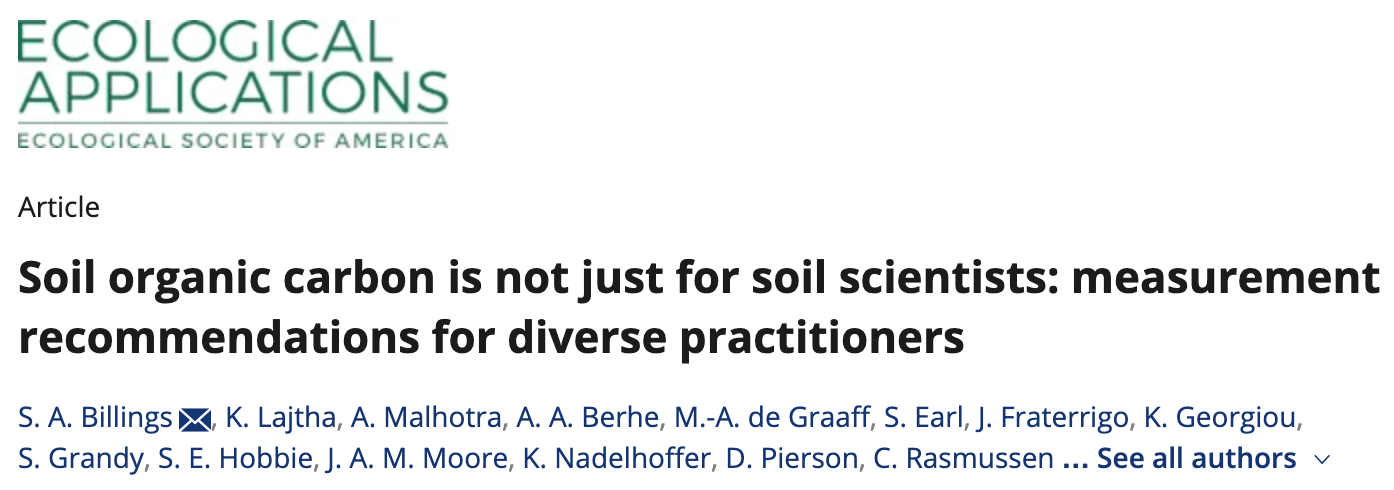
- ‘What Non-Soil Ecologists Should Know about Collecting Soil Samples’
- Explicitly intended to benefit those outside of their discipline
Soil Organic Matter (2017)



- ‘What Non-Soil Ecologists Should Know about Collecting Soil Samples’
- Explicitly intended to benefit those outside of their discipline

- Data (and metadata) format workflow for soil data
- Related philosophy to several other efforts at data format standardization
- E.g., ecocomDP (ediorg.github.io/ecocomDP), etc.
Biodiversity-Productivity (2017)


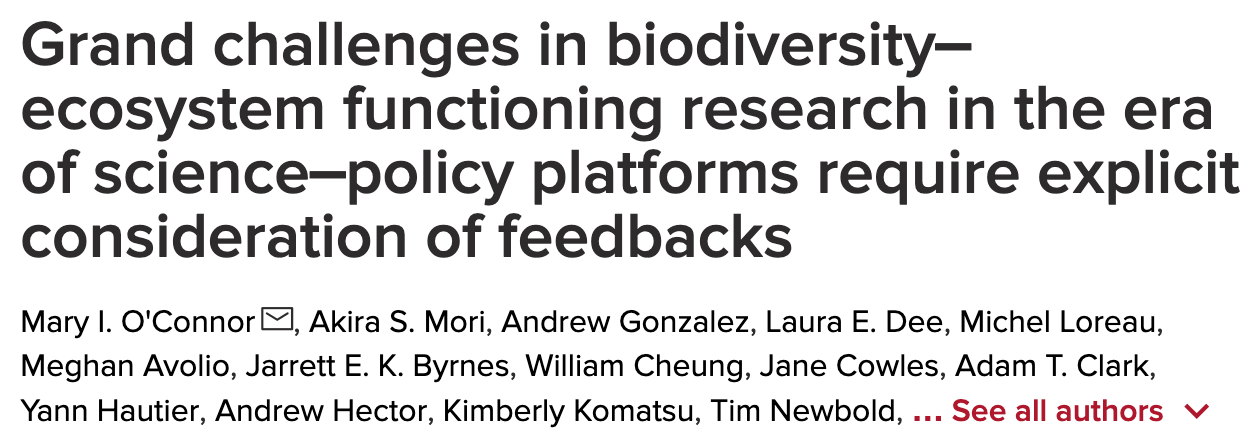



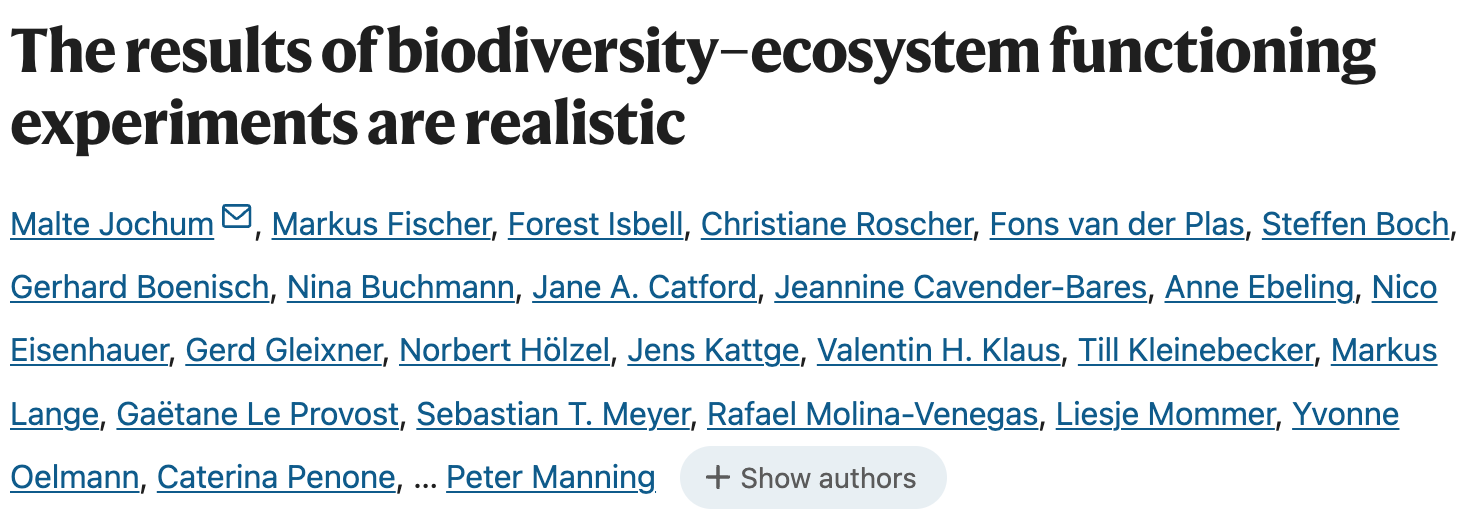
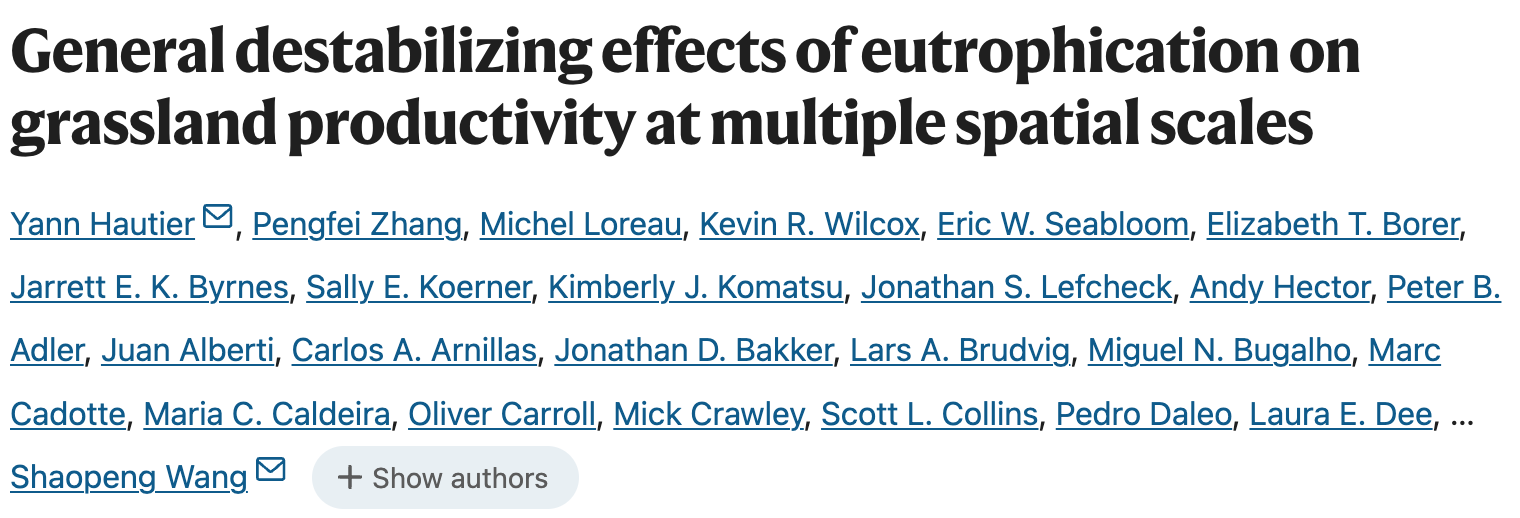





Silica Exports (2020)


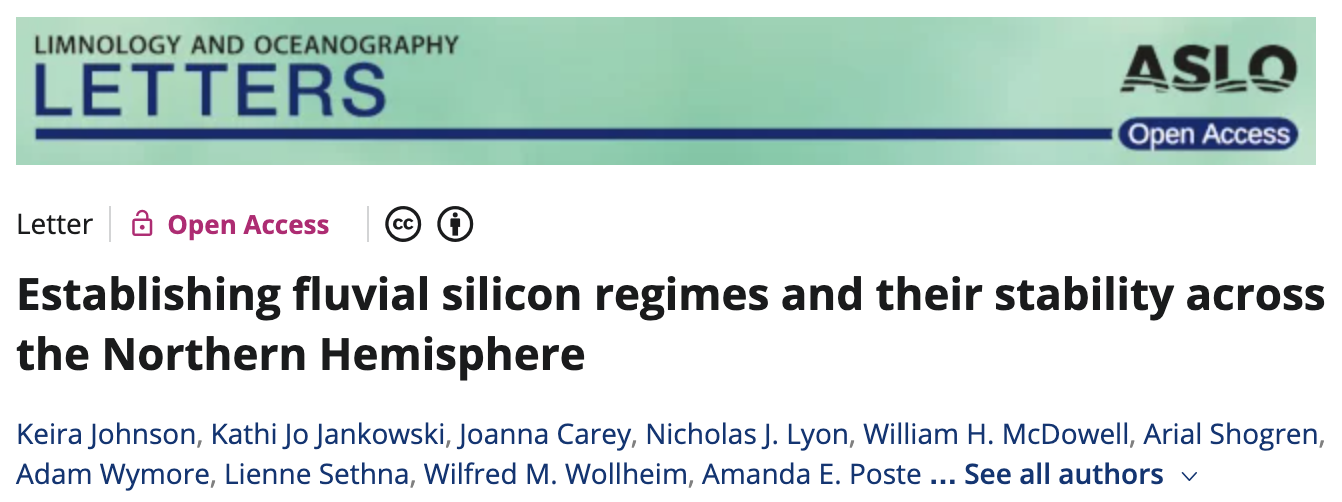
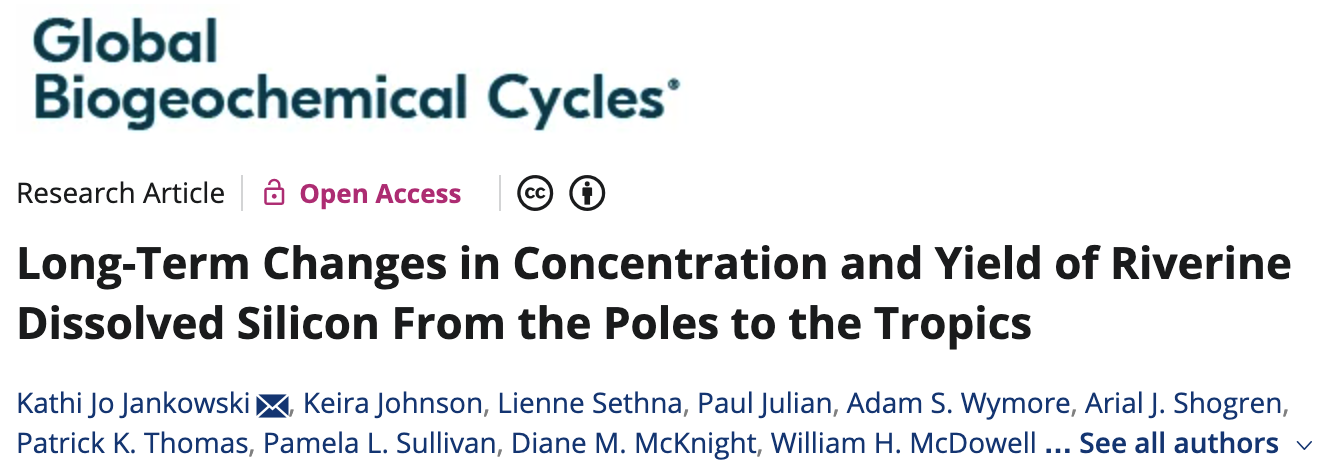
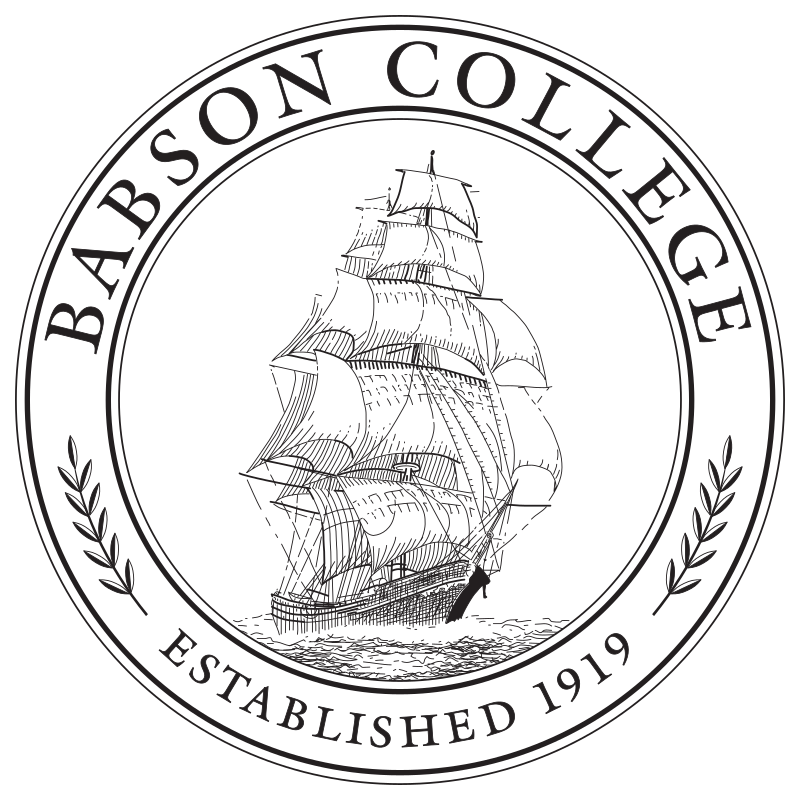
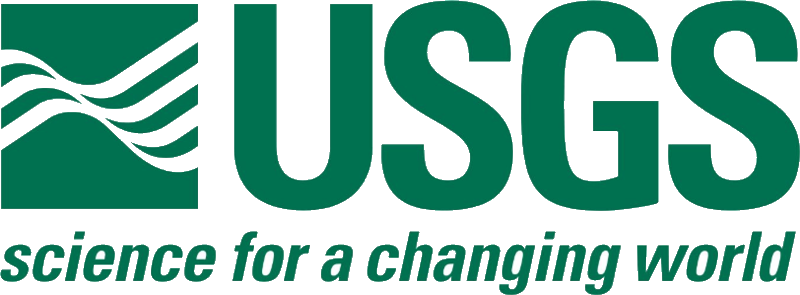
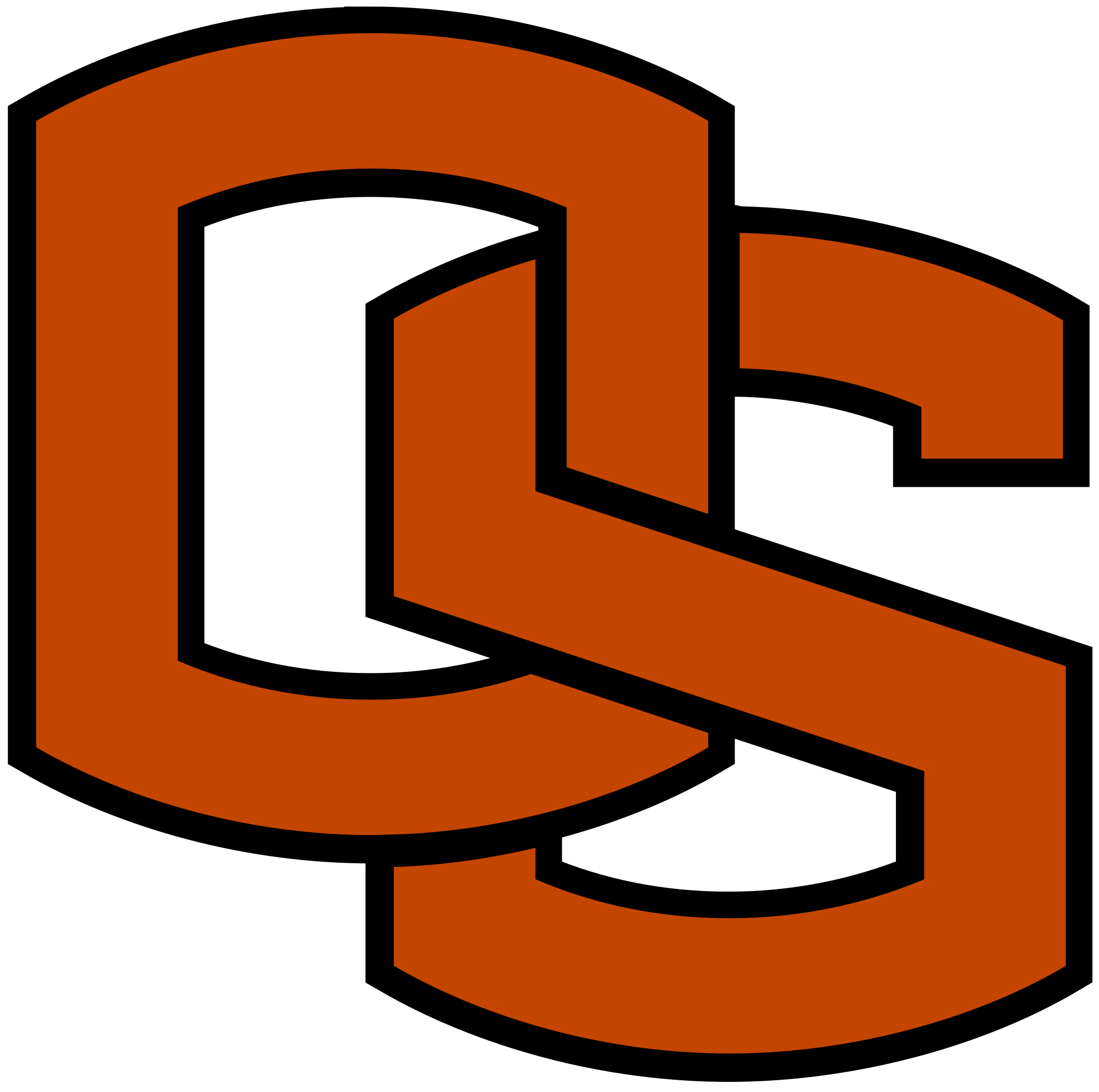
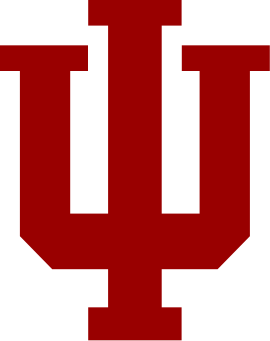

- And researchers at 10 (of 28) LTER sites!
Working Groups & ECRs


- Most groups include early career researchers (ECRs)
- Typically graduate students and post-docs
- Sometimes even undergraduates!
- ECRs get a ton out of participating
- Networking, leadership opportunities, publications, job opportunities, etc.
- Groups get a lot out of including ECRs as well!
- Novel analytical methods, new perspectives, coding literacy
ECRs & Synthesis Training


- ECR demand for synthesis training far outstrips working group capacity
- Inspired development of a course to provide these skills
- Synthesis Skills for Early Career Researchers (SSECR)
- SSECR aims to train ECRs in needed quantitative and inclusive facilitation skills
- Timed to leave students well prepared to apply for SPARC group funding
Diversity, Equity, and Inclusion


- The LTER Network Office has two primary goals heading into our next funding cycle:
- Greater cultural, socioeconomic, and gender diversity throughout the LTER network
- More rapid and innovative synthesis
- SSECR is built–in part–to support these goals
LTER Program Framework


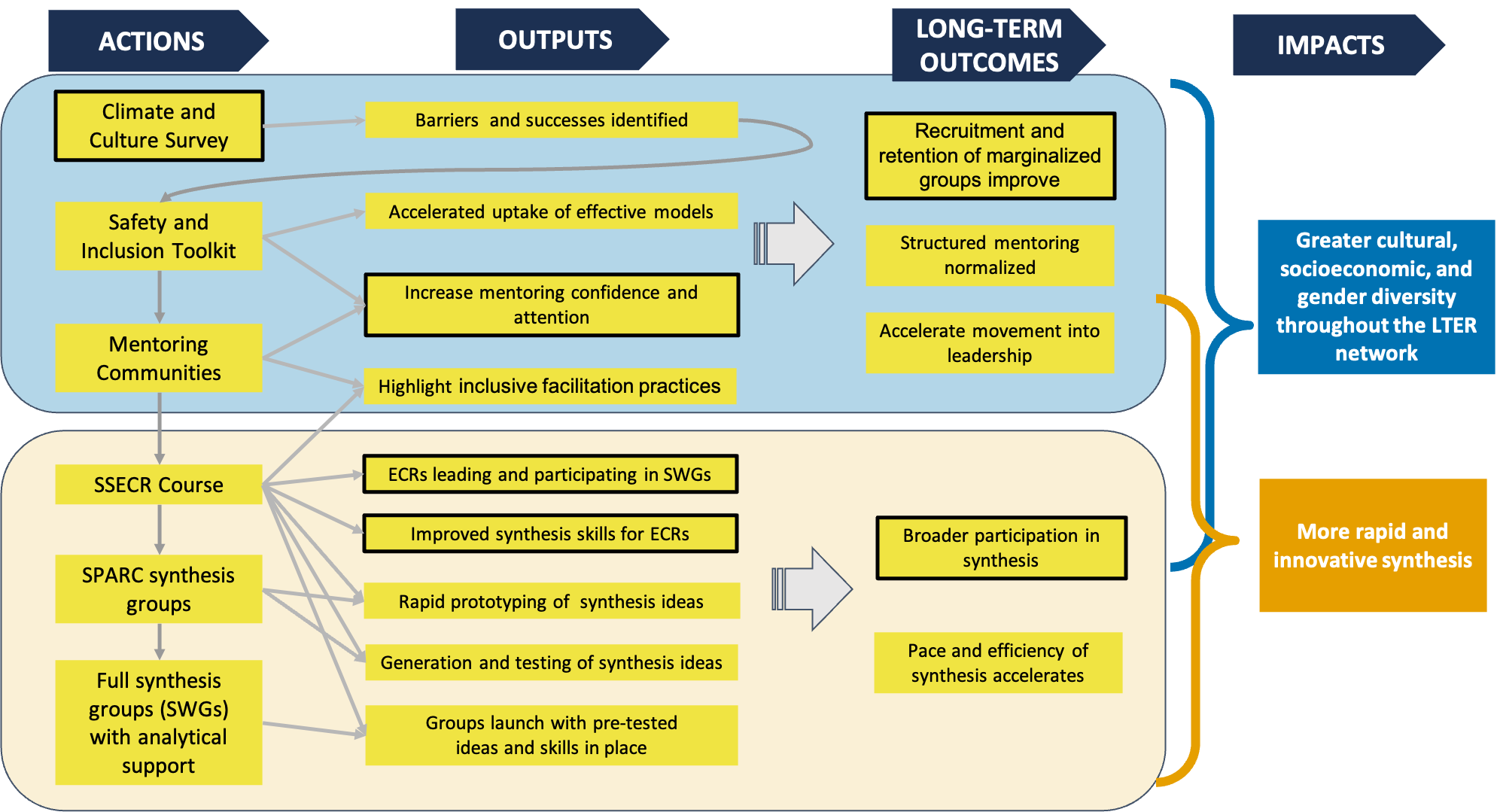
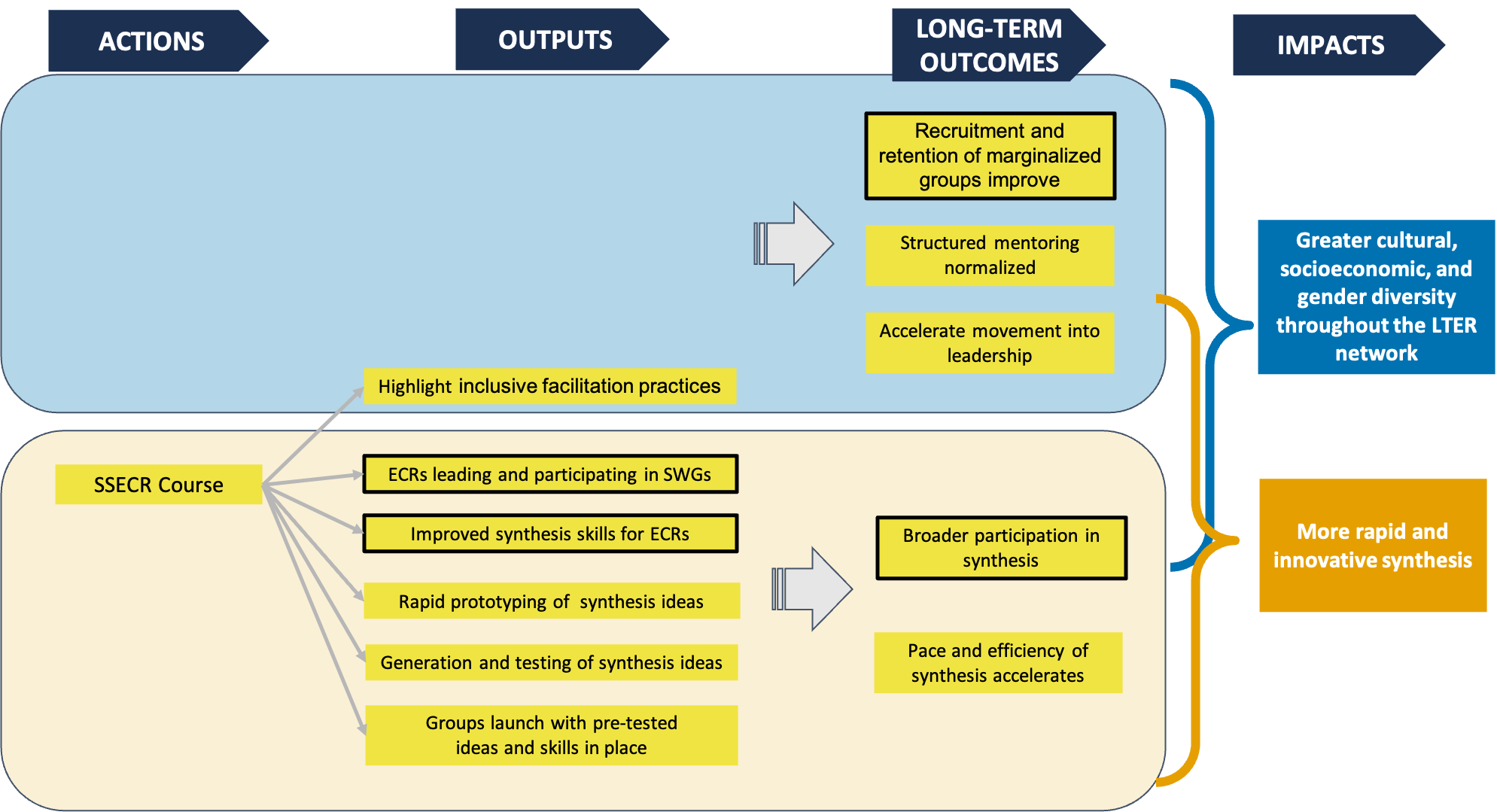
SSECR Goals


- We have the following strategic goals for the course:
- Surface and test new synthesis ideas for feasibility
- Prepare more ECRs to be synthesis project leaders
- Connect LTER-affiliated ECRs across sites
- Develop intergenerational linkages around synthesis
Target Audience


- We’re looking to recruit graduate students actively working at/with LTER sites
- ~30 students per cohort (about 1 per LTER site)
- Ideally have some primary research experience
- No requirement for prior synthesis experience
- Estimated time commitment is 3 hours per week
- Products of student projects hopefully persuasive to PIs / graduate committees
SSECR Structure


- Course split into two major components:
Instructional Modules
Student-Led Projects
- Module order reflects typical synthesis project evolution
- Based on working group model
- More on projects shortly!
Course Logistics


- Course runs for 9 months (Sept - May)
- First full week in-person at NCEAS
- Facilitate cohort sense of community
- Students form groups of 5-6 with interest in shared project idea
- Biweekly synchronous virtual meetings
- In “off” weeks groups meet together / with project mentors
Classes


- Class meetings consist of inspiration and instruction
Inspiration
- Approx. 60 minutes
- Led by experienced synthesis scientist(s)
- Describe experience, lend insight, provide guidance, etc.
Classes


- Class meetings consist of inspiration and instruction
Inspiration
- Approx. 60 minutes
- Led by experienced synthesis scientist(s)
- Describe experience, lend insight, provide guidance, etc.
Instruction
- Approx. 120 minutes
- Led by LNO staff, guest speakers, LTER Network-recruited mentors
- Likely including other NCEAS folx!
- Focus on content module of the week
Team Science Emphasis


- Synthesis work requires meaningful teamwork
- Modules focus on these “soft skills”
- Consistent inclusivity lens to modules in this category
- Many of these skills are particularly absent from graduate school curricula
Quantitative Emphasis


- Synthesis work usually has significant quantitative needs
- Extensive harmonizing often pre-requisite to even cursory exploration
- Quality control requires an in-depth examination of each primary project’s metadata
Module Categories


15 proposed modules from the two categories
Team Science
Quantitative Skills
Module Categories


15 proposed modules from the two categories
Team Science
- Team Science Practices
- Inclusive Facilitation
- Supporting Divergent, Emergent, and Convergent Thinking
- Authorship & Intellectual Credit
- Project Management
- Logic Models
- Communicating Findings
Quantitative Skills
Module Categories


15 proposed modules from the two categories
Team Science
- Team Science Practices
- Inclusive Facilitation
- Supporting Divergent, Emergent, and Convergent Thinking
- Authorship & Intellectual Credit
- Project Management
- Logic Models
- Communicating Findings
Quantitative Skills
- Reproducibility Best Practices
- Version Control
- Data Discovery & Management
- Data Visualization and Exploration
- Data Wrangling
- Analysis & Modeling
- Spatial Data & Interactivity
- Reproducible Reports
Content Availability


- We hope this course content is valuable to as many people as possible
- To ensure this, we’re making the full course materials publicly-available!
- Student project content may be made available
- Decision made by each team
Projects Overview


- Projects designed, led, and run by students are a significant facet of SSECR
- Gives applied context for skills learned during module instruction
- Project deliverables are incentives for student engagement
- As well as their advisors/committees
- Each project team will be paired with a “synthesis mentor” to guide groups
Project Mentors


- Mentors are volunteers recruited due to synthesis experience
- Primarily working group leaders and participants
- Mentors will be assigned to teams based on discipline/ecosystem overlap
- Teams and mentors meet at least 5 times throughout the course
Mentor Meetings


- Content and structure of team-mentor meetings is up to those involved
- Topics may include:
- Suggesting readings or collaborators
- Discussing analytical approaches
- Sharing experience / advice
- Mentors also help teams on an interpersonal level as needed
Project Work


- Students will be encouraged to work on projects during “off weeks” of instruction
- Biweekly class structure meant to facilitate this
- Project mentor likely present at some (not all!) of these meetings
- Module order based on when project teams are likely to need those skills
- Some flexibility to share content earlier as needed
Project Team Creation


- Students propose a synthesis project in their application
- Also gathering ideas from working group / SPARC group participants
- Project mentors may also suggest topics
- Time set aside for teams/ideas to coalesce during in-person week
- Planning for ~6 groups of 5-6 students each
‘Menu of Ideas’


- Project ideas from all sources will be retained in a ‘menu of ideas’
- Each LTER Network synthesis activity will have the chance to add to this menu
- Working groups / SPARC groups
- ‘Next Steps’ ideas produced by SSECR project teams
- All Scientists’ Meeting (ASM) presentations
- Subsequent cohorts of students can adopt and/or adapt ideas from this menu
- In addition to bringing their own ideas
Ongoing Plans


- Recruiting project mentors / course instructors
- Refining module learning objectives and content
- Plus aligned activities/readings
- Recently announced course to LTER Community
- March Community Call topic, new page on LTER website, etc.
On the Horizon


Spring 2024 - Student applications & application review
Summer 2024 - Application decisions & SSECR Hackathon
Fall 2024 - Spring 2025 - First cohort of SSECR students!
We’d Love Your Insight!


Posting questions to the #nceas Slack channel today but here’s a taste:
- In our module list, would you (A) drop or (B) add any topics?
- If you would add a module, which module(s) would you drop to make space for it?
- Would you recommend any particular resources?
- Could include papers, websites, workshops, etc.
- What successful strategies have you seen for group formation?
Want to be Involved?


- Lend us your experience and curiosity!
- Take a couple minutes and weigh in on our Slack questions
- Volunteer to be an inspiration session speaker
- If you have prior experience with synthesis
- Talk with us about designing module content
- If you have significant subject matter expertise
- There is a small pool of funding for compensating module designers
Want More Information?


- Check out the LTER Network website page for SSECR!
- lternet.edu/ssecr
- Web applications (for students and project mentors) are open
- Check out the SSECR course materials!
- lter.github.io/ssecr
- Most modules are still under construction though
Thanks! Questions?


Team Science Practices; Inclusive Facilitation; Supporting D.E.C. Thinking; Authorship & Intellectual Credit; Project Management; Logic Models; Communicating Findings
Reproducibility Best Practices; Version Control; Data Discovery & Management; Data Visualization and Exploration; Data Wrangling; Analysis & Modeling; Spatial Data & Interactivity; Reproducible Reports